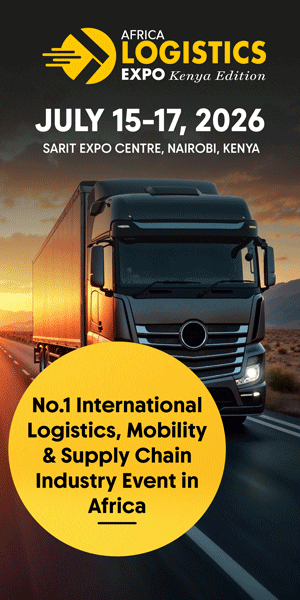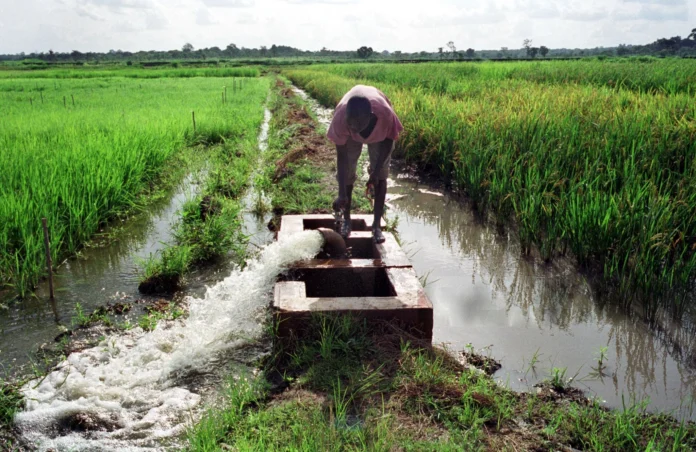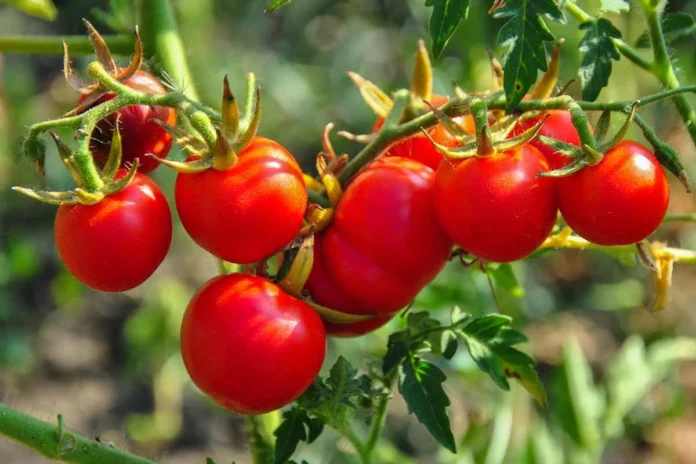Arabfields, Algiers, Algeria — In a series of high-stakes diplomatic engagements, Algeria’s Minister of Agriculture, Rural Development, and Fisheries, Yacine El-Mahdi Oualid, has hosted delegations from two global powerhouses, Russia and China, to explore avenues for deepened cooperation in the agricultural sector. These meetings, held at the ministry’s headquarters in Algiers, underscore Algeria’s ambitious efforts to modernize its agriculture, combat environmental challenges, and unlock the untapped potential of its southern territories. With a focus on technology transfer, investment incentives, and research synergies, the discussions could herald a new chapter for Algerian farming, transforming arid lands into productive hubs and bolstering food security in a nation grappling with climate change and population growth.
Algeria’s agricultural sector, which employs about 25% of the workforce and contributes roughly 12% to the GDP, faces significant hurdles including water scarcity, soil degradation, and the encroaching Sahara Desert. The southern regions, encompassing vast expanses of the Sahara, hold immense promise due to their natural resources and land availability but require advanced techniques in irrigation, seed development, and land reclamation to become viable. Minister Oualid’s vision for the sector emphasizes innovation in agrifood systems, enhanced productivity, and resilience against climate impacts, as highlighted in recent international forums. By courting foreign expertise and capital, Algeria aims to diversify its economy beyond hydrocarbons and position itself as a gateway to African and European markets.
The first encounter took place on Tuesday, where Minister Oualid welcomed Stefan Duerr, the founder and president of Russia’s EkoNiva Group, a leading force in the agro-industry. Accompanied by the agricultural affairs officer from the Russian Embassy in Algeria and the vice president of the Algerian Economic Renewal Council (CREA), Duerr’s delegation delved into the investment landscape offered by Algeria.
EkoNiva, established in 1994, stands as Europe’s largest raw milk producer and ranks among the global top three, with operations spanning over 630,000 hectares of farmland and a herd exceeding 110,000 dairy cows. The company’s expertise in dairy farming, crop production, and sustainable agriculture aligns seamlessly with Algeria’s needs. During the talks, the Russian side expressed keen interest in launching projects in the southern regions, which boast substantial natural resources and development potential. Discussions highlighted Algeria’s investor-friendly policies, including tax incentives, streamlined regulations, and access to land, designed to attract foreign capital.
This meeting builds on a history of growing Russo-Algerian agricultural ties. In 2024 alone, Russian agro-industrial exports to Algeria surged to $850 million, driven by increased supplies of barley, sunflower oil, and other staples. The broader bilateral relationship, elevated to an enhanced strategic partnership in 2023, extends beyond military cooperation to include agriculture, energy, and trade. For Algeria, partnering with EkoNiva could introduce advanced dairy technologies and large-scale farming models, potentially creating jobs and boosting local production in underserved areas.
In a subsequent session, Minister Oualid met with a high-level delegation from China’s Xinjiang Production and Construction Corps (XPCC), led by Zhang Wensheng, a member of the Communist Party of China committee and deputy political commissar of the organization. The XPCC, a state-owned paramilitary entity founded in 1954, has transformed Xinjiang’s barren landscapes into thriving agricultural zones through land reclamation, irrigation innovations, and modern farming practices. Its economy remains heavily rooted in agriculture, with projects ranging from cotton and tomato cultivation to experimental ventures like ostrich farming.
The dialogue reaffirmed the deep-rooted friendship between Algeria and China, forged during Algeria’s independence struggle when China provided early support. Conversations pivoted to practical collaborations in modern agriculture, with Oualid spotlighting Algeria’s admiration for the Chinese model. Key areas of interest included reforestation and anti-desertification strategies, the development of drought-resistant seeds, and efficient irrigation systems, technologies honed by the XPCC in arid environments similar to Algeria’s Sahara.
These talks align with longstanding Sino-Algerian cooperation, which spans infrastructure, mining, and renewable energy. In 2023, during President Abdelmadjid Tebboune’s visit to Beijing, the two nations signed 19 agreements covering agriculture, transportation, and science, committing to mutual benefits under the Belt and Road Initiative. China, Algeria’s top trading partner, has invested heavily in projects like the Gara Djebilet iron mine and Algiers’ airport expansion, while agricultural exchanges could address Algeria’s reliance on imports for staples like wheat and dairy.
Concluding the engagements, both sides advocated for robust mechanisms to foster collaboration between Algerian and Chinese research institutions. This initiative aims to accelerate knowledge transfer and tailor technologies to Algeria’s unique terrain, potentially yielding breakthroughs in sustainable farming. Minister Oualid extended a clear invitation to Chinese operators to invest, emphasizing incentives such as duty-free imports for equipment, profit repatriation guarantees, and Algeria’s strategic position as a bridge to African markets.
These developments reflect Algeria’s broader foreign policy of nonalignment, balancing ties with Russia and China while engaging the West. As a BRICS applicant and Shanghai Cooperation Organization hopeful, Algeria leverages these partnerships to diversify its economy and enhance regional influence. Experts suggest that successful implementation could spur structural projects, like large-scale irrigation networks and agro-industrial zones in the south, reducing import dependency and creating thousands of jobs.
However, challenges remain. Environmental concerns, such as water overexploitation, and geopolitical tensions could complicate execution. Nonetheless, these meetings mark a proactive step toward a resilient agricultural future, positioning Algeria at the crossroads of Eurasian expertise and African potential. As Minister Oualid stated in a recent FAO meeting, innovation is key to overcoming agrifood system vulnerabilities. With Russia and China’s involvement, the seeds of transformation may soon take root in the Algerian soil.












